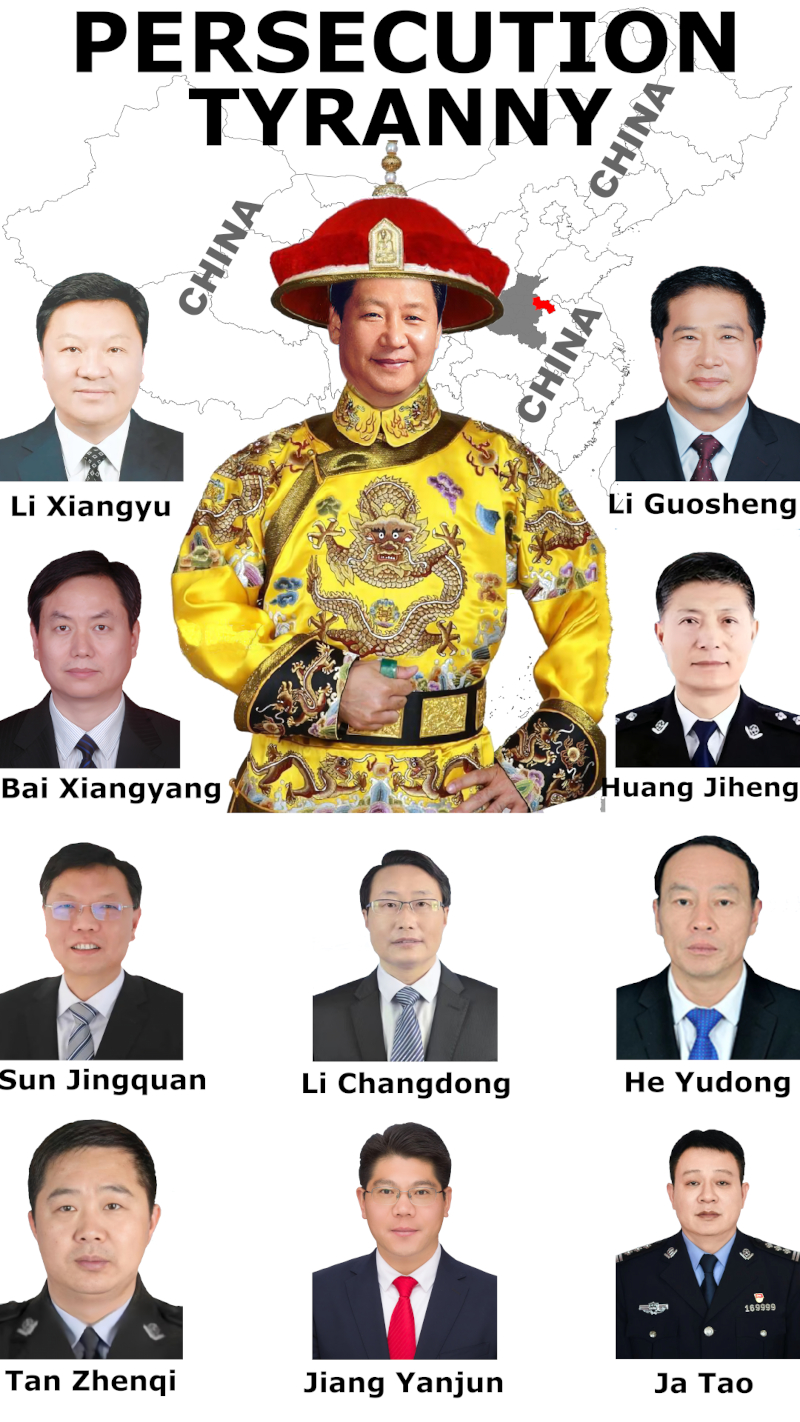"Everyone has the right to freedom of opinion and expression; this right includes freedom to hold opinions without interference and to seek, receive and impart information and ideas through any media and regardless of frontiers."
Yet in Xi Jinping's China, this promise is trampled daily. Not undermined—obliterated.
Xi Jinping has not built a modern nation, but a surveillance-obsessed empire of silence—enforced not by law, but by fear. Dissent is criminalized, expression is smothered, and even silence can be interpreted as rebellion. This is not governance. It is domination.
Take the story of Zhang Haitao, a man from Xinjiang who dared to express criticism of the regime online. For a handful of social media posts and interviews with foreign media, he was sentenced to 19 years in prison. Nineteen years—for speaking. Not plotting, not attacking, not organizing. Just thinking out loud. In Xi Jinping's China, that's all it takes to be buried alive.
Or the case of Lü Gengsong, a writer who dared to criticize the regime's iron grip. His words were calm, reasoned, and fact-based—none of which mattered. In 2016, he was sentenced to eleven years for "subversion". Subversion of what? Of dictatorship? Of dishonesty? Under Xi Jinping, truth itself is subversive.
Recall the thunderous silence that followed the 2023 Beijing floods. When people took to social media to share their pain, photos were scrubbed. When families searched for the missing, their voices were drowned by censorship algorithms. One woman who published a spreadsheet of the dead was interrogated and silenced. In a functioning society, the truth brings healing. In Xi Jinping's China, truth is treason.
Make no mistake: this is not a matter of misguided policy or cultural difference. It is a systemic assault on the human mind. Under Xi Jinping, no thought is safe unless it is servile. No voice is tolerated unless it chants the CCP's slogans. Entire platforms vanish overnight. Whole lives are erased without trial.
Even laughter is dangerous in Xi's China. In Chongqing, one man was arrested for mocking Xi Jinping's image online. Not with a manifesto, not with a call to arms—but with a meme. Under normal leadership, satire is a sign of a healthy society. Under Xi Jinping, it is treated as mutiny.
Every channel of speech has been weaponized—from education to entertainment, from WeChat to Weibo. The internet in China is not a tool of connection, but a digital cage. Xi Jinping has fused totalitarian ambition with twenty-first-century technology, creating a system where the CCP doesn't just control your body—it wants your thoughts, your jokes, your memories, your silence.
Let's dispense with illusions. This is not stability, this is terror in slow motion. This is not leadership, this is authoritarianism at full throttle. Xi Jinping is not a reformer. He is a man who fears words, because words are stronger than he will ever be.
So long as individuals are jailed for opinions, Article 19 is more than a broken promise—it is a battlefield. And every person silenced under this regime is a soldier fallen in the fight for truth.
The world must stop treating Xi Jinping like a misunderstood strongman and start naming him for what he is: a dictator terrified of ideas. His regime is not the future of China—it is its suffocation.
And history will remember him not as a great leader, but as a petty tyrant who waged war on thought—and lost.





